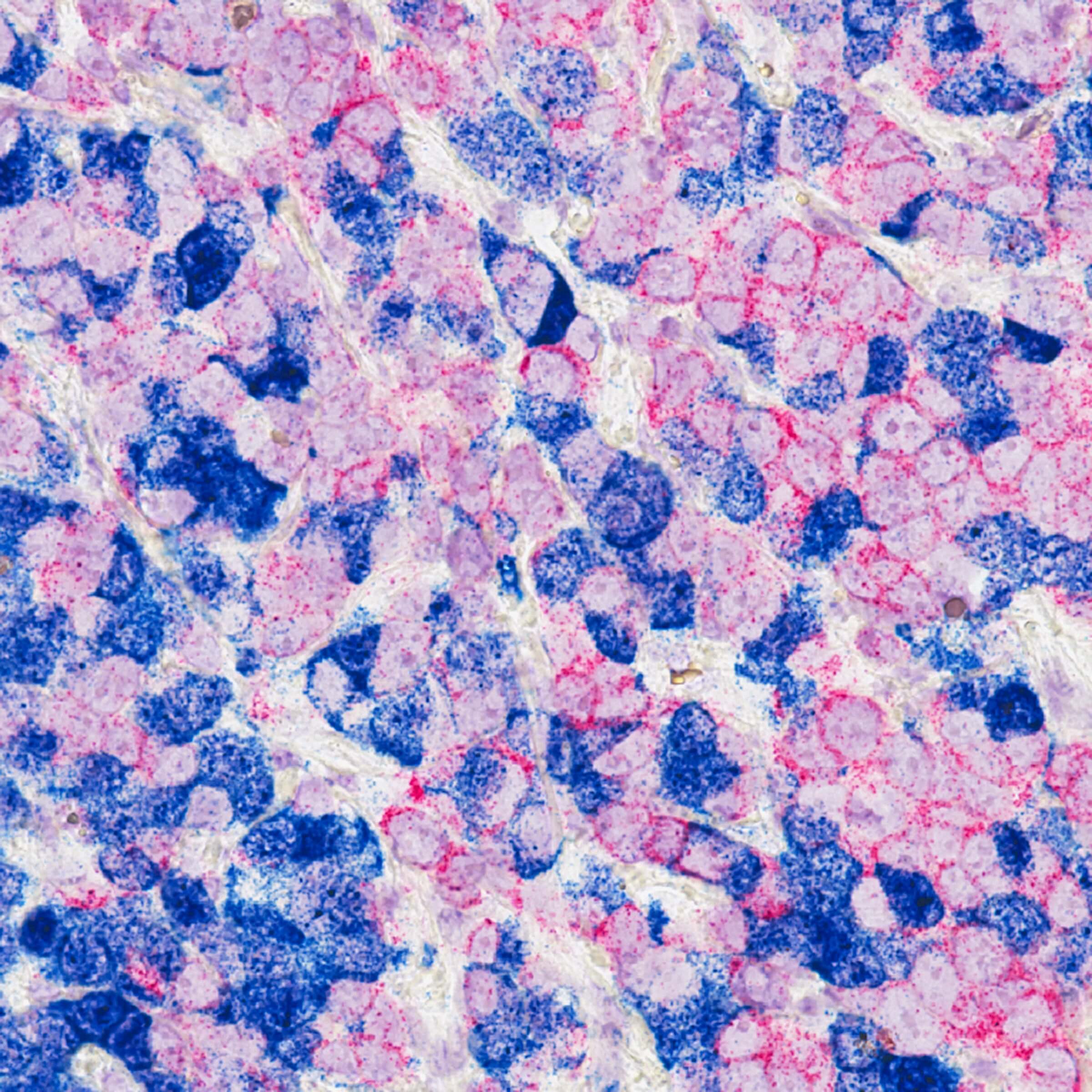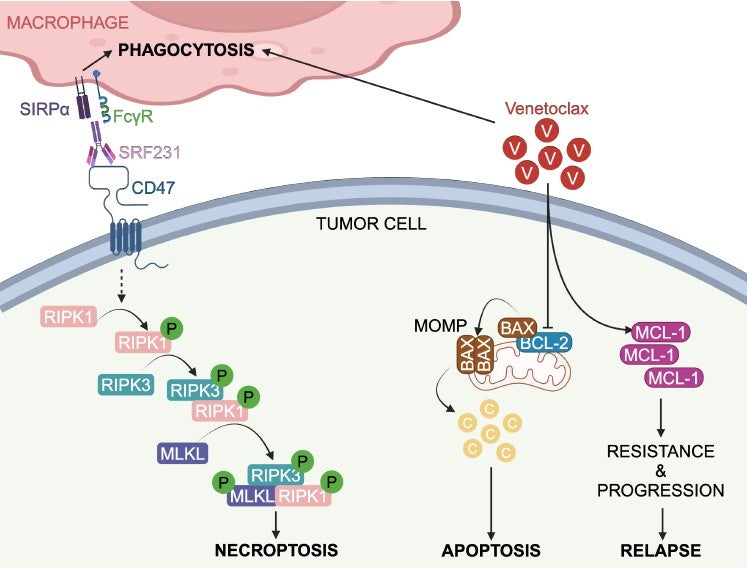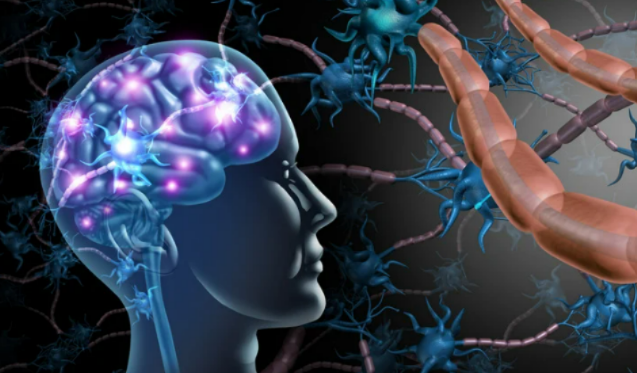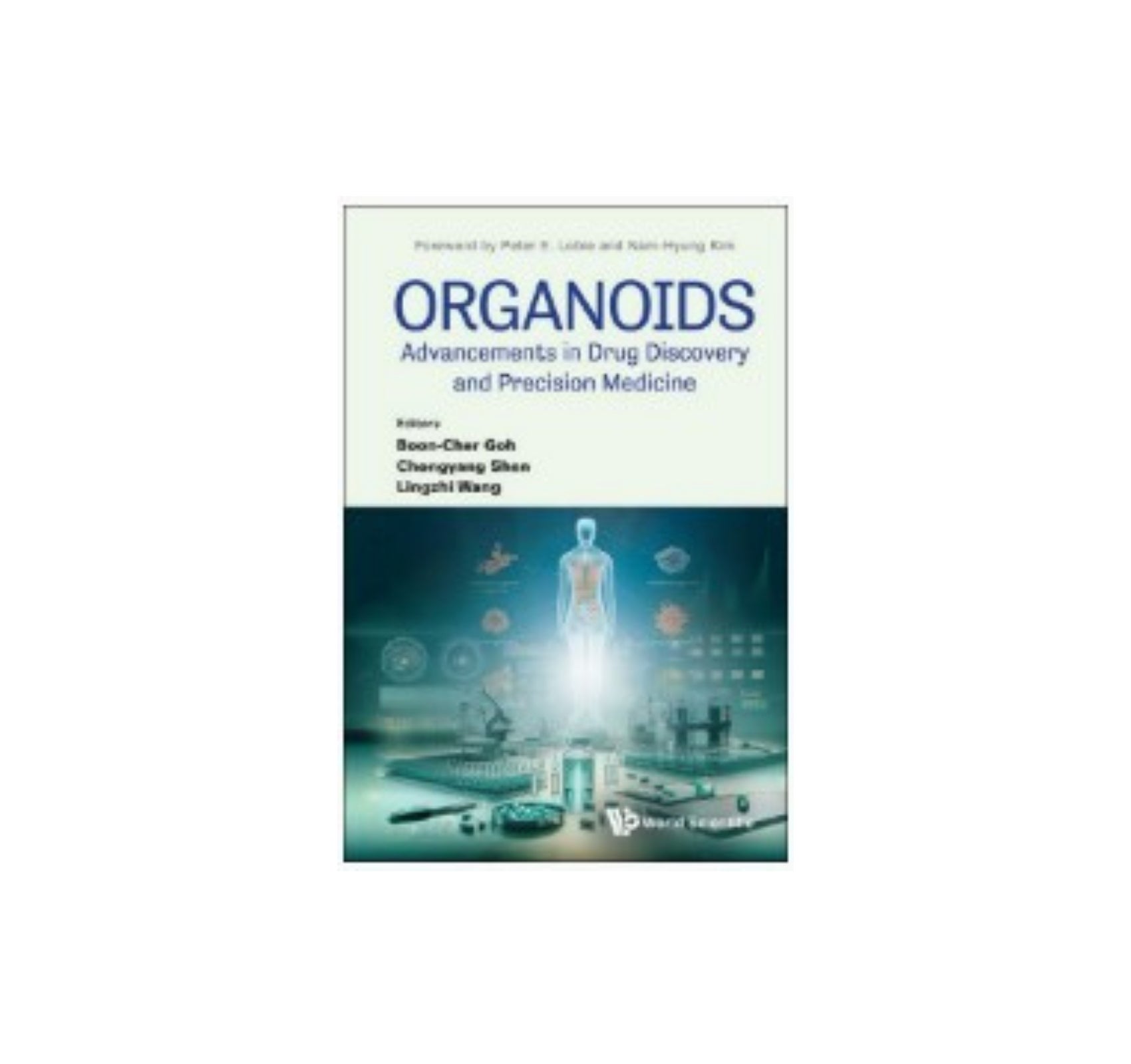Fatty acids oxidation (FAO) confers Epithelial-to-mesenchymal transition causing enhanced tumorigenicity and drug resistance to cancer cells. This study by N2CR member A/Prof Tam Wai Leong and his team demonstrates that pharmacological inhibition of FAO could block breast cancer cells in animal models. Hence, the addiction to specific metabolic pathways during distinct steps of cancer progression may be exploited to target specific cell states and opens up new avenues for antimetabolite therapeutic strategies for cancer treatments
Link to website: https://www.science.org/doi/10.1126/sciadv.abh2443




